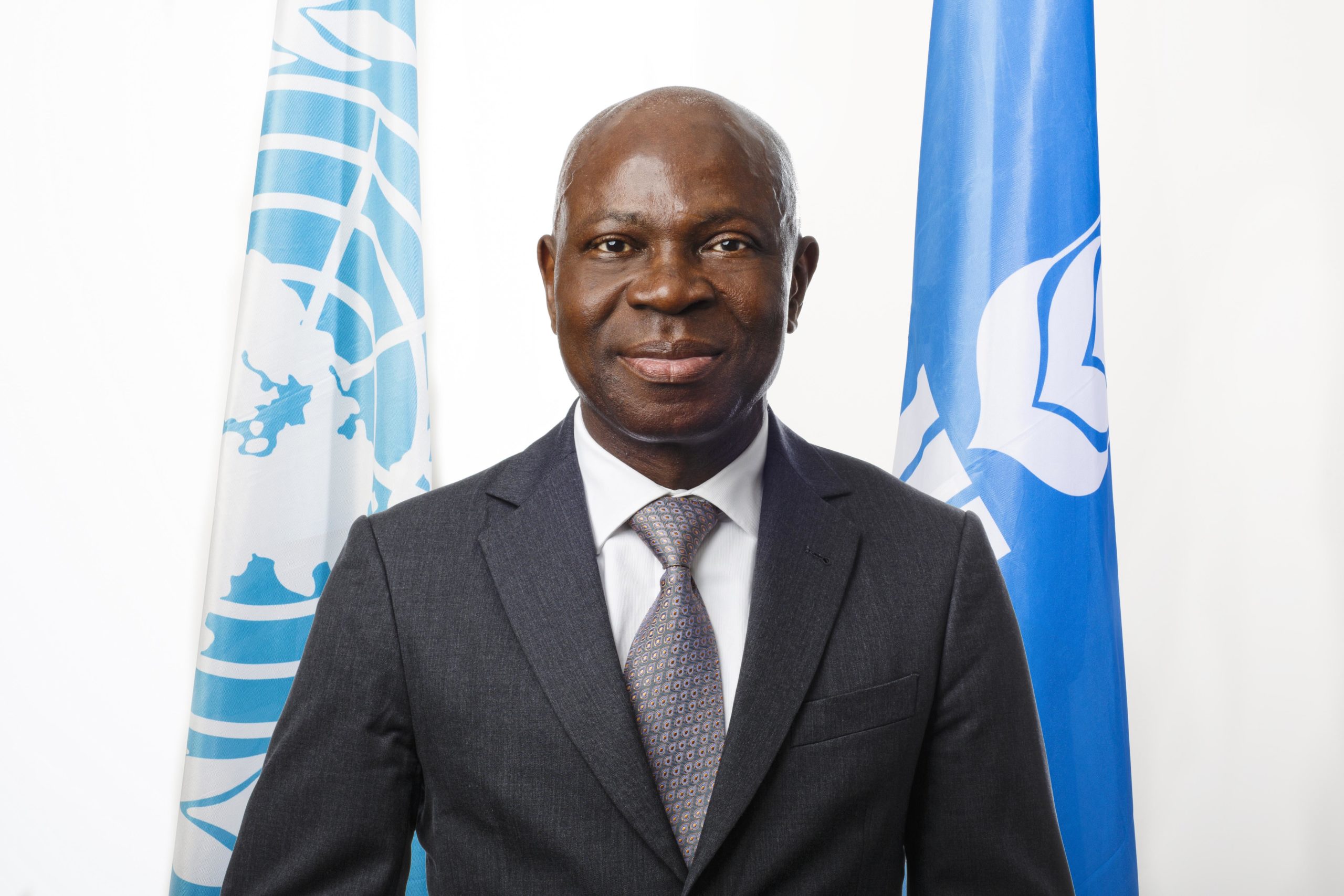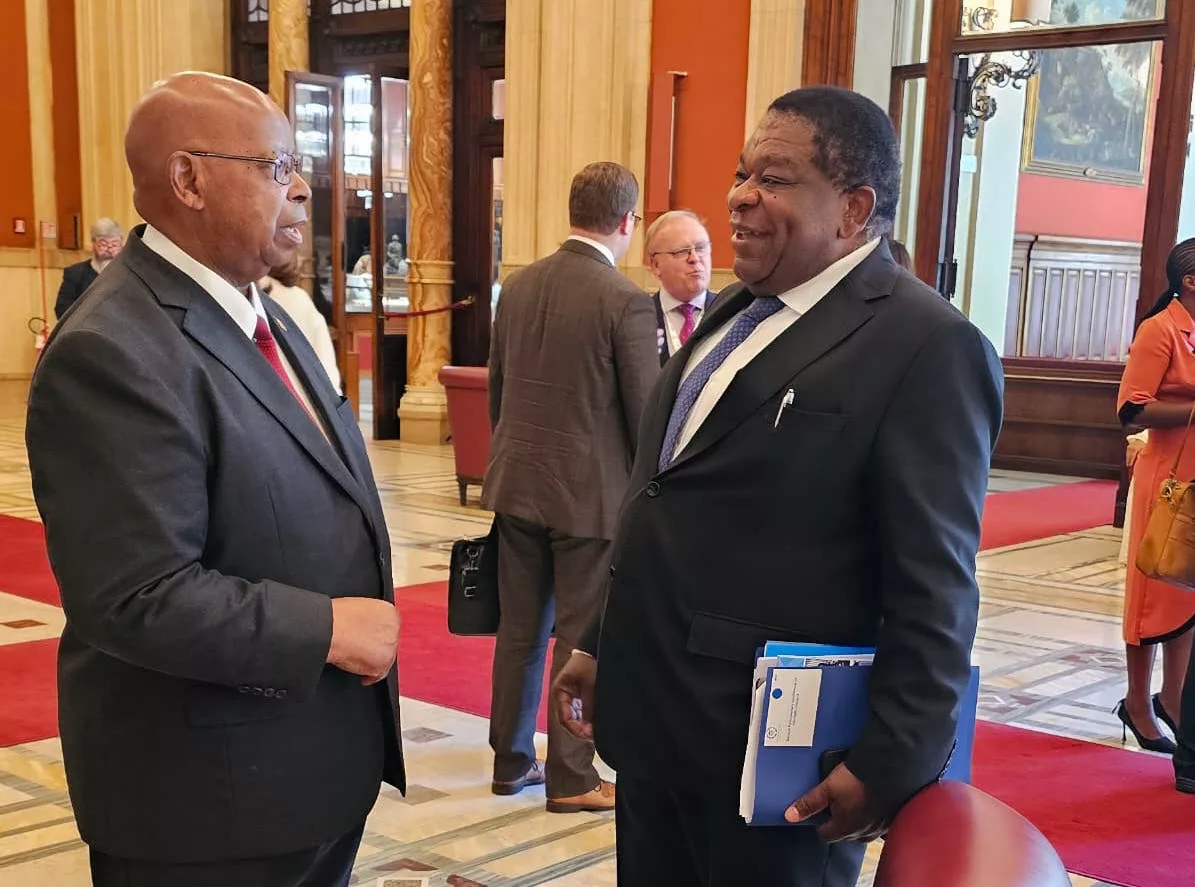In his first visit to Zimbabwe since taking office as President of the International Fund for Agricultural Development (IFAD), Gilbert F. Houngbo will meet President Emmerson Dambudzo Mnangagwa and other government officials to discuss investments to improve food and nutrition security, provide employment opportunities for rural youth, and reduce poverty.
The visit will take place from 3 to 5 December and will focus on the role of smallholder farmers in ensuring food security in Zimbabwe, the challenge of climate change, the need for investment in agriculture, and the opportunities agriculture can offer to rural youth. In Zimbabwe, the agriculture sector provides livelihoods for over 70 per cent of the population and supports one third of the labour force. In addition, it generates 15-18 per cent of the country’s GDP, and contributes over 40 per cent of national export earnings.
However, due to effects of climate change and recurrent droughts, Zimbabwe’s food-security continues to face serious challenges exposing millions of people to food and nutrition insecurity.
In addition to meeting with the President of Zimbabwe, Houngbo will meet with: the Minister of Finance and Economic Development, Mthuli Ncube; the Minister of Lands, Agriculture, Water, Climate and Rural Resettlement, Perrance Shiri; and the Governor of the Reserve Bank of Zimbabwe, John Panonetsa Mangudya. He will also meet with the UN Resident Coordinator, Mr Bishow Parajuli and representatives of United Nations agencies and multilateral and bilateral donors working in Zimbabwe.
In addition, Houngbo will visit the IFAD-supported Smallholder Irrigation Support Programme and meet with project participants to see first-hand how their lives have been impacted. For example, the project’s 24 improved irrigation schemes have benefitted about 2,000 smallholder farmers households. Evidence shows that households in smallholder irrigation schemes are better off in terms of food production, income, nutrition and general well-being than households reliant on rainfed agriculture.
More than half of smallholder irrigation schemes in Zimbabwe are either not functional or only partly functional. To address this problem, and improve food and nutrition security as well as reduce poverty, IFAD is supporting a new Smallholder Irrigation Revitalization Programme (SIRP), which started in January 2018. SIRP with a total cost of USD 51.23 million with USD 25.5 million from IFAD grant will revitalize 6,100 hectares in 152 existing smallholder irrigation schemes and benefit 148,750 smallholder farmers in the provinces of Manicaland, Masvingo, Matabeleland South and Midlands.
Since 1983, IFAD has financed six rural development programmes and projects in Zimbabwe at a total cost of US$266.9 million, with an IFAD investment of $95.6 million. These programmes and projects have directly benefited 1,168,000 rural households in Zimbabwe.






